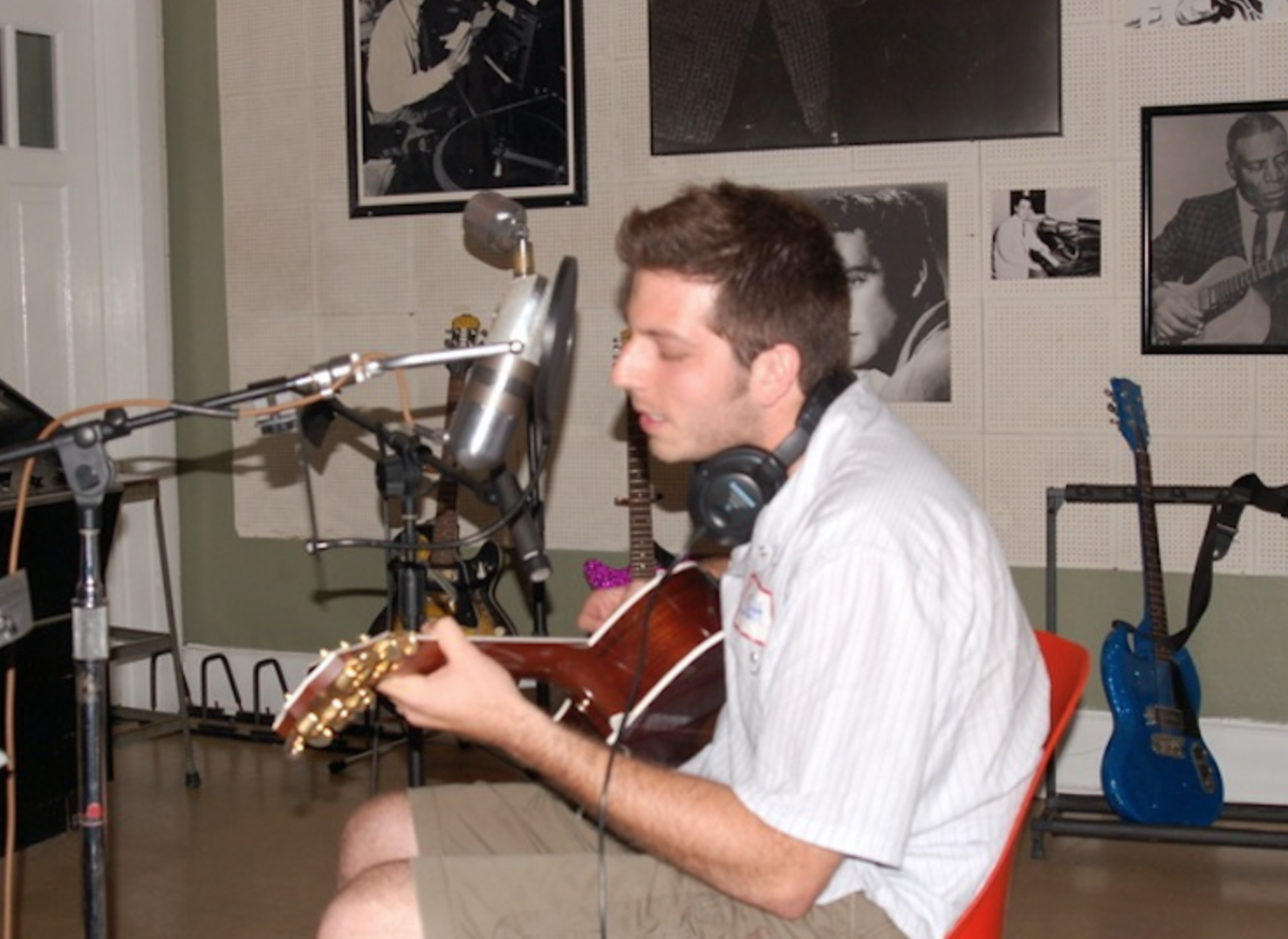

Taleb’s research on randomness explores the concept of narrative fallacy, which is the tendency to turn complex realities into easily understandable narratives.
To weave explanations into our behaviors, create stories that help explain our personalities and superimpose patterns over our lives to reduce the dimensions of matters.
No wonder it’s called a fallacy.
Because our lives are rarely that simple and clean. They’re messy, complicated, multifaceted and lack the cinematic satisfaction of closure.
That’s why I write songs using suspended chords. Because their sound is open and unresolved. There’s a musical dissonance that creates tension in the emotional identity of the song.
Joni taught me this many years ago. She used to say that her taste for suspended chords came from the fact that they depicted doubt. They were chords of inquiry, as she liked to call them. Not major or minor, but they had a streak of dissonance running through them. And that allowed the songwriter to chill the listener’s heart by leaving a tune hanging with suspension at the end.
It’s a beautiful metaphor for life. An invitation for each of us to become more comfortable with our own complexity.
Even if that means changing our minds and outgrowing our beliefs and evolving our value systems.
Moore was correct when he said that simplicity was merely a defensive edifice against the cleansing power of mystery.
LET ME ASK YA THIS…
Are you doing justice to your own complexity?
* * * *
Scott Ginsberg
That Guy with the Nametag
Author. Speaker. Strategist. Inventor. Filmmaker. Publisher. Songwriter.
 Buy my latest devotional!
Buy my latest devotional!
A Year in Hot Yoga: 365 Daily Meditations for On and Off the Mat.
Now available wherever books are sold.
Namaste.
